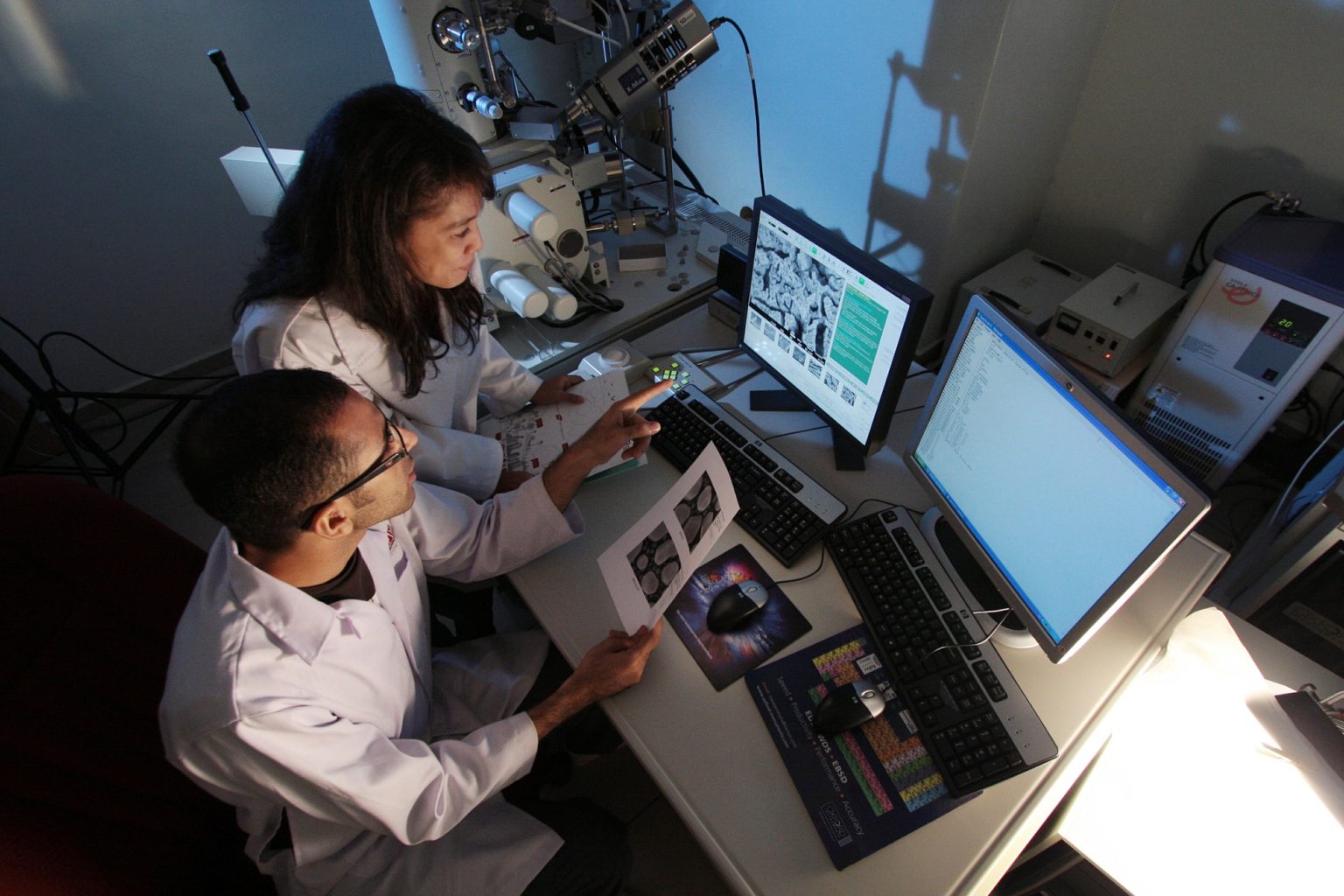“Great science is done by collaboration, not isolation”
Young people need to have a voice in Brexit. This message has been promoted by famous figures, including Brian Cox and Mark Wallinger, from across many academic disciplines. Within science in particular, the voice of the young is vital. Young people are the foundation of scientific research. Emphasising the international nature of science done by young people could help define how Brexit effects science in the UK.
Take a look at any scientific research group around the country and you tend to find the same hierarchy. A principal investigator, the leading academic often a professor, heads up the group. Next in seniority are a few post docs, researchers who have completed their PhDs but have not found a permanent research post, and anywhere between one and sometimes over 20 PhD students. On top of this there may be a few masters students and undergraduate researchers.
These PhD students and post-docs form the backbone of scientific research in the UK…
These PhD students and post-docs form the backbone of scientific research in the UK. The average age of PhD completion in the UK is 26 (PhDs tend to be four years long) while masters students and undergraduate researchers can be even younger. Young people at the start of their careers do the lion’s share of the lab-work in academic research. The UK is a true scientific super power in areas like life science and biomedical technology, discoveries in these fields are fuelled by long hours in the lab and the churning of hundreds of PhD students through universities and research institutes such the Francis Crick Institute. Indeed, 71% of PhDs in the UK are in science and technology fields.
So what does this have to do with Brexit, apart from the morale-sapping fact that 85% of students voted to remain in the EU? Well, over a year on, tangible reports of the effect of Brexit on science are starting to appear. Overall, EU based applications to UK universities are down 7%. The Wellcome Trust Sanger Institute, which played a huge role in sequencing the human genome, has reported a near 50% drop in PhD applications from non-UK EU nationals. This reduction in the talent pool of scientists available to the UK can only hurt in the long run.
This reduction in the talent pool of scientists available to the UK can only hurt in the long run…
From a purely fiscal perspective the impact of Brexit on science should be minimal. The government has guaranteed all the Horizon 2020 research grants and indeed, it has allocated an additional £4.7 billion for science and technology through to 2021. So, in the short term, science’s financial future in the UK is broadly secure. Yet young scientists still have Brexit related fears.
Politics is beginning to impact the science bubble on an unprecedented level, and the hard line on immigration adopted by the Conservative government is harming scientific enterprise in the UK. The “ambition” to reduce immigration to tens thousands, alongside the baffling insistence on including students in the net migration numbers, gives the feeling of a country where foreign researchers are unwelcome.
Tempting as it is to stay in the comfort of the lab, all scientists…need to make their voice heard.
Brexit also signalled a rejection of European ideals such as free movement of people and, more generally, the free movement of ideas and concepts around the continent. These ideals are uniquely beneficial to science, which thrives on collaboration. University students, experienced in European schemes such as Erasmus which focus on bringing Europeans together, are likely to shy away from a country that shuns the values they have been brought up on.
Young scientists need to speak up on Brexit. Tempting as it is to stay in the comfort of the lab, all scientists – not just the great and the good who head up funding bodies and societies – need to make their voice heard. Emphasising the role of collaboration, not between whole institutions, but between young people researching around Europe and the world, can shape the future of science in the UK.
Young people are both the foundation of science today and the leaders of the future. The future of scientific collaboration will be massively affected by Brexit. By speaking out and defining the scientific landscape as one that is inherently collaborative, young people can set the tone for science and Brexit. Great science is done by collaboration, not isolation.

Comments